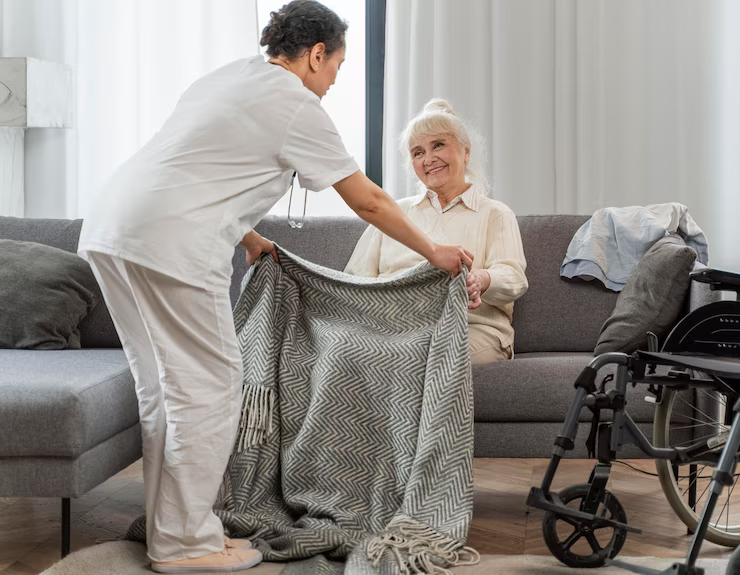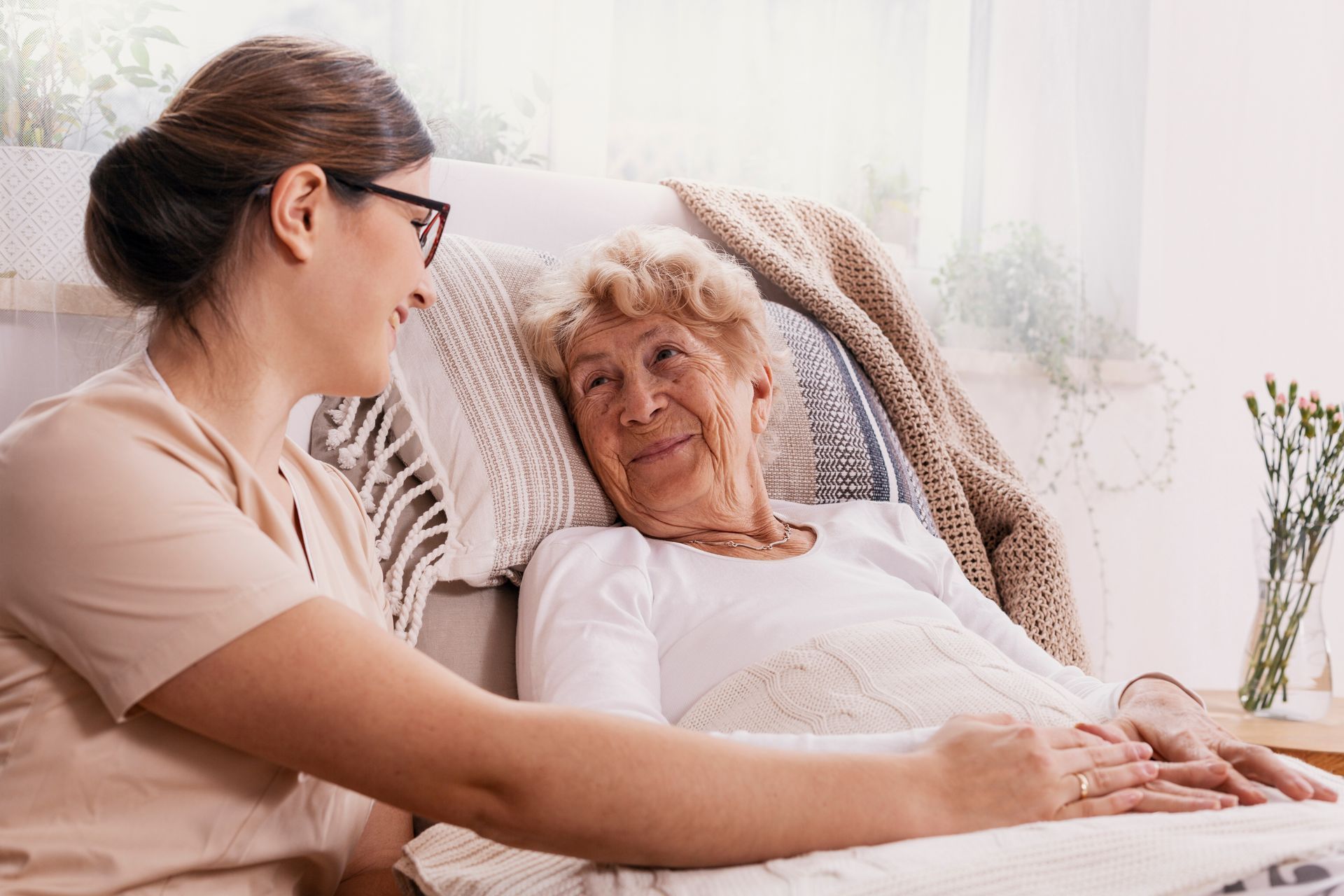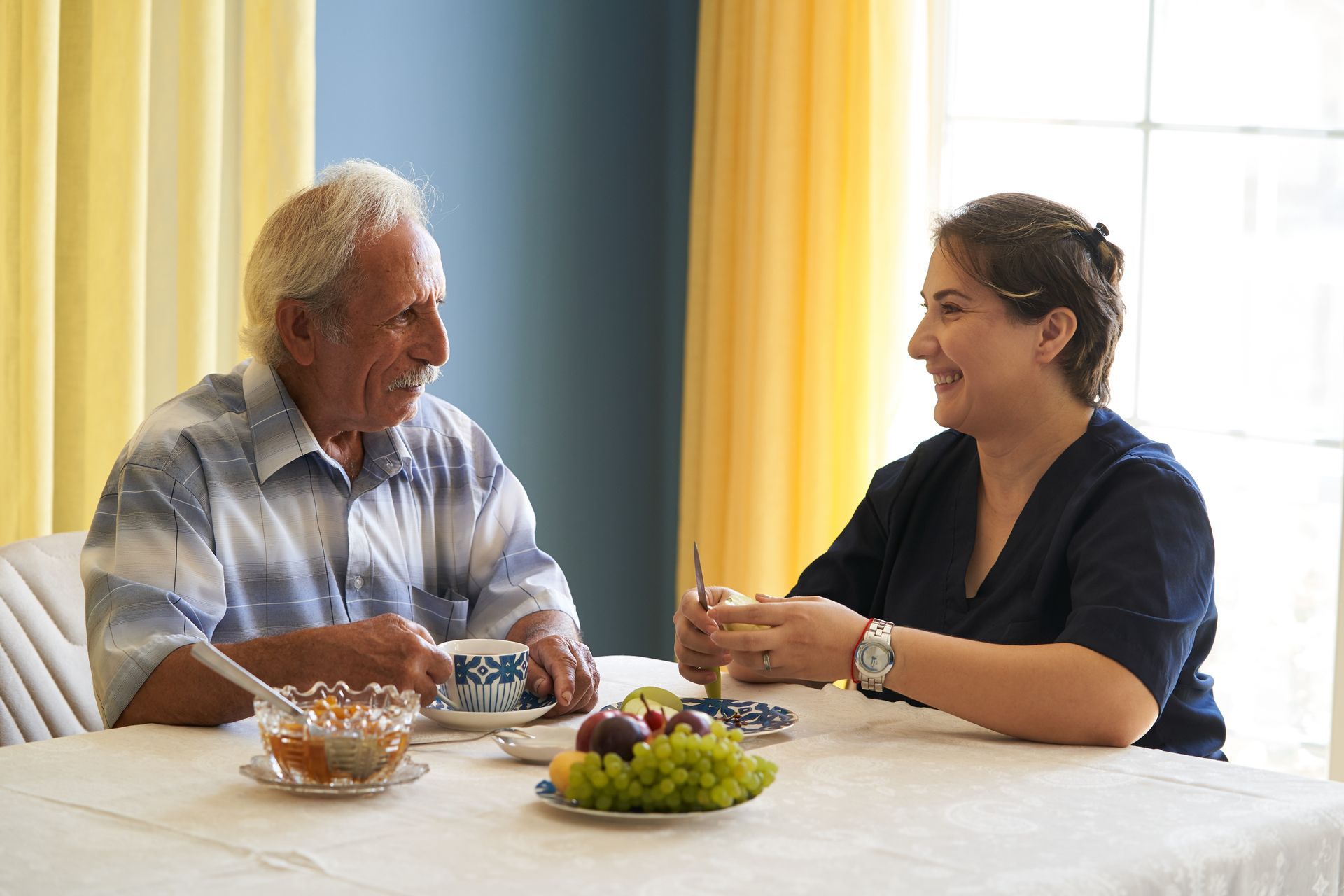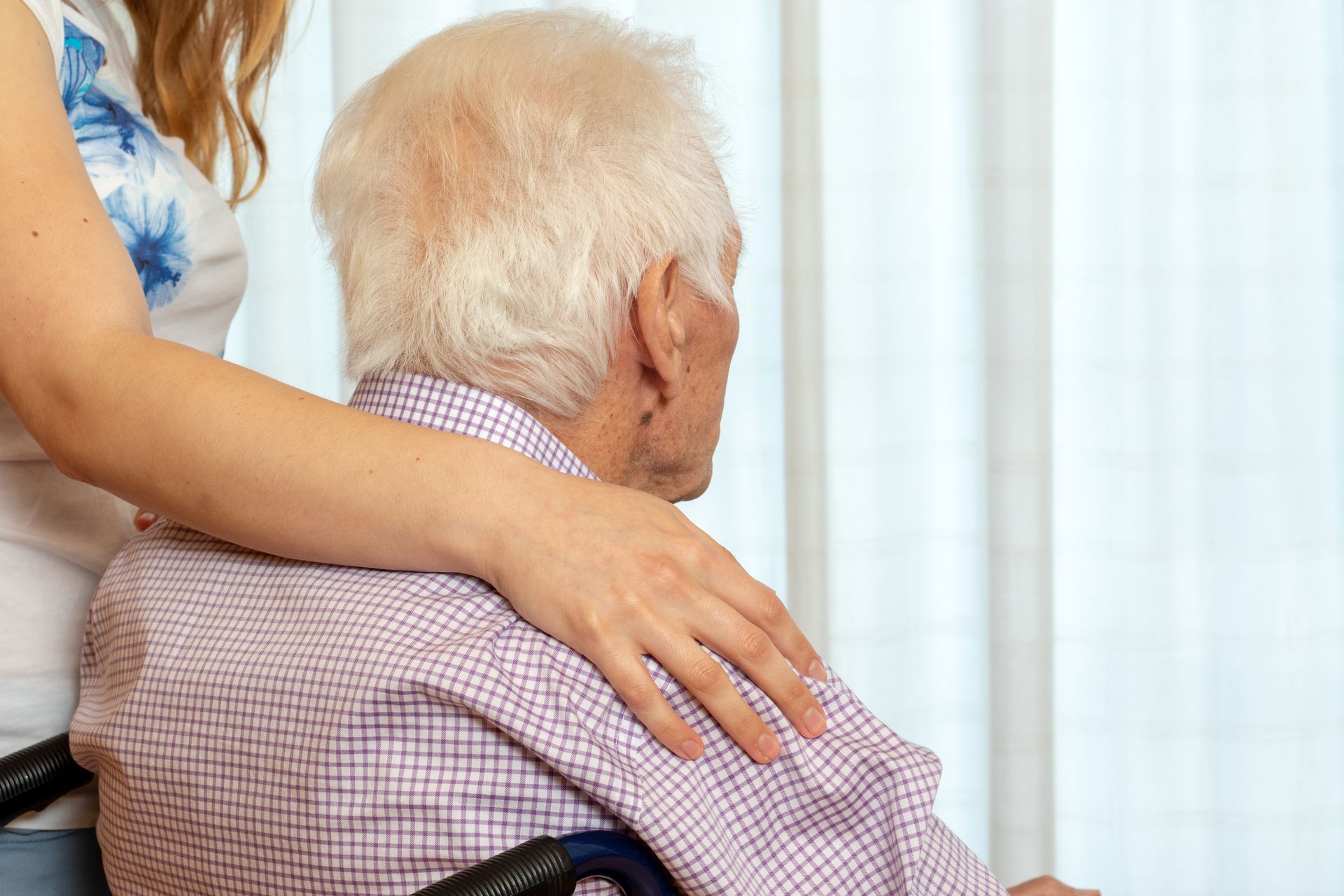No one likes to have the sense of abandoning their parents or grandparents. And for older individuals, the idea of leaving the security of home can be daunting. But a care home really is sometimes the best and most reasonable solution.
But the decision should not be rushed. In states like Florida, Sunrise home health care is a great alternative that allows elderly patients the chance to stay in their comfort zones despite receiving help. But what if even home care is not enough?
Let us talk about the signs, alternatives, and what to watch out for.

When Safety Is a Daily Issue
Safety is one of the biggest reasons that individuals enter care homes. If your loved one is falling all the time, wandering, or forgetting to turn off the stove, that’s a big red flag. You can’t be there 24/7. And that’s okay.
There comes a point when even the best, wonderful family caregiver can’t prevent accidents from occurring. If your loved one’s home has turned into a hazard zone, it’s time to confront the difficult question: Can they really live here safely anymore?
They Need More Medical Help Than You Can Give
Others come to a place where their medical requirements become too complex. Whatever the case, Alzheimer’s, dementia, Parkinson’s, or mobility, managing medications, watching for symptoms, and reacting to crises becomes a full-time job.
Home care can help up to a point. From bathing to dressing, medication reminders, or meal preparation, any Sunrise home health care services will provide a lot of assistance. But whenever your dear one requires 24-hour medical care or frequent hospital visits, a care home is better suited.
You’re Burning Out as a Caregiver
Caring for an aging parent is a part-time job—a job that will wear you out in a hurry. It’s not simply a question of cooking or chauffeuring. It’s psychological. Ever-present worry, sleepless nights, and lost work time can all gnaw at you.
Being restless, exhausted, or quick to temper could be red flags to seek help. Just remember that caring for personal mental health is not selfish. It’s necessary. You can’t give out of an empty cup.
Daily Habits Are Being Neglected
Has your loved one given up showering daily? Re-wearing clothes for days? Losing weight as they forget to eat or won’t cook? That’s not just forgetfulness—it’s often a sign that they’re struggling to keep up.
All persons are entitled to age with dignity. And that means having someone to lean on when daily routines become too much to do alone.
They’re Alone And Unhappy
Loneliness is truly as fatal as any illness. An older individual living alone with very little going out is prone to depression, cognitive decline, and health deterioration. If your loved one spends most of the time alone, you may begin to consider other options.
A care home will provide companionship, activities, and human interaction—things which help to reinstate the joy of living for the elderly.
But Is a Care Home the Only Solution?
No.
Sometimes what your loved one really needs is extra help at home. That’s where Sunrise home health care comes into the picture. Through home care services, your grandparent or parent may be able to stay home but still receive help with:
- Companionship
- Household chores and meals
- Rides to doctor appointments
- Bathing, getting dressed, and grooming
This is a consideration when they are still very independent but possibly need help during the day.
How to Have This with Your Loved One

No one likes to lose autonomy. That’s why this is an emotional conversation. Here are a few suggestions:
- Don’t surprise them. Ask them about it kindly, over time.
- Ask open-ended questions. “How have you been feeling lately?” or “What’s been hardest about your day?”
- Involve them in the decision. Make them have some say.
- Take your time. It may take a few discussions before they realize.
Wisdom Senior Care Can Help
If you are still not sure which way is best—home or care facility—do not worry, we can help.
With Wisdom Senior Care, we provide safe and reliable home care services that enable aging in place and become available. We offer:
- Companionship to prevent loneliness
- Transportation for shopping and appointments
- Home management, such as doing laundry, cleaning, and organizing
- Gentle, respectful personal care assistance
Whether your loved one needs a few hours of assistance a day or more frequent care, we work with families to create an appropriate plan. A little bit of assistance can make a big difference.
FAQs About Elder Care Options
Can a senior temporarily move into a care home?
Yes. A few care homes offer respite or short stays. This might give families some relief or allow older adults to recover from illness or surgery.
How is assisted living distinct from a nursing home?
Assisted living offers help with daily activities but is not medical in nature. Nursing homes provide more intense medical care and supervision.
Will Medicare pay for the cost of a care home?
Medicare does not typically cover long-term care facilities, but it might cover short-term stays or rehab. Medicaid and long-term care insurance are definitely options to consider.
Is it best to bring an elderly parent in with the family?
It depends. For some families, it is a wonderful solution. For others, it leads to tension, stress, or burnout. Consider your home space, your schedule, and your capacity to provide for their needs before making a decision.
Final Thoughts
It’s never simple to make the decision when to move a senior into a care home. Safety, health, happiness, and money – you have to weigh all of these. But you don’t have to weigh them by yourself.
Start out by discovering the possibilities offered by home health care. It may be everything your loved one is getting now.
And if you’re in the Fort Lauderdale area, senior home care Plantation FL families trust is just a call away. Reach out to Wisdom Senior Care today, and let’s find the best solution together.
Recent Posts











